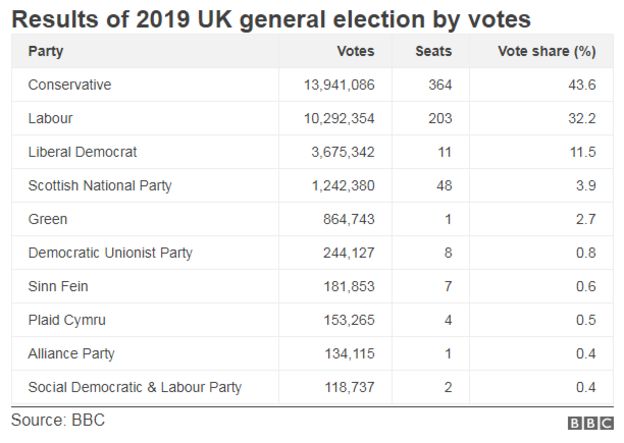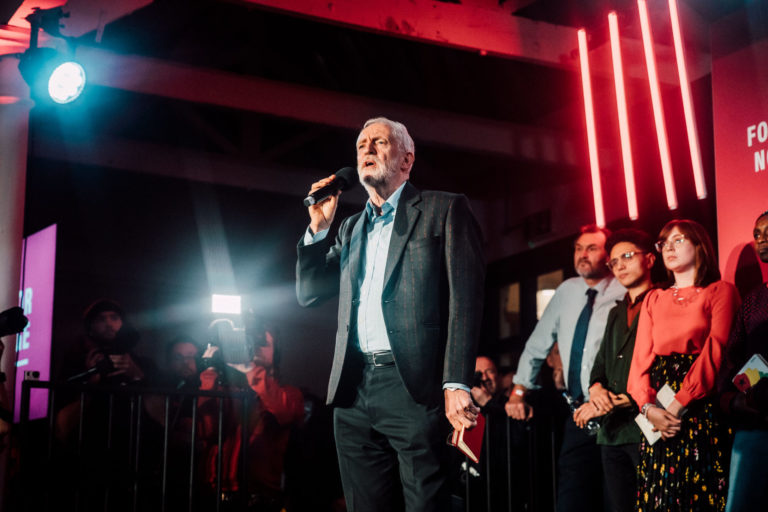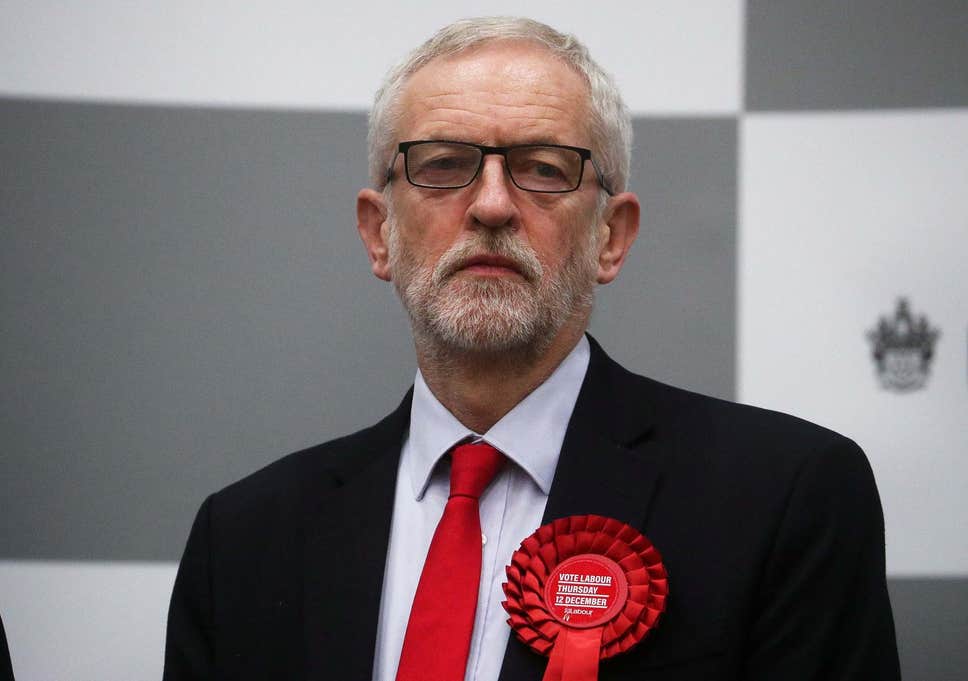Last week on Dec. 12, the United Kingdom had potentially its biggest election in British history, deciding the future of the country for at least the next half a century to come. Although the Corbyn-led Labour campaign appeared very generous, Boris Johnson managed to secure a Tory majority, meaning that he is to stay in power as PM.
The elections results were 364 seats and the biggest share of votes (43.6%) to the Conservatives, 203 to Labour, 48 to the Scottish National Party and 11 to the Liberal Democrats.

“Rather than blaming the Labour loss on one single factor, it stems from a combination of things and policies, dooming the future of the party.”
Rather than blaming the Labour loss on one single factor, it stems from a combination of things and policies, dooming the future of the party. These can be identified as Labour’s unclear stance on Brexit, fears of Corbyn’s limited leadership capacity and his handling of antisemitism, as well as the unrealistic pledges put forward by the Labour party.
Brexit
It was the sort of election that on the side of what party they supported, the British folk voted according to their stance on Brexit, with each party offering a different solution. While the Conservatives promised to “get Brexit done” through the deal Johnson had already presented, Labour (after remaining rather ambiguous about it for years) pledged to go back to the EU and negotiate a better Brexit deal which would then be put up for a referendum and the LibDems aimed for a second referendum on Brexit as a whole.
If Labour was to win, “it would take about three months to negotiate this deal, with a referendum held within six months.” Alongside the new deal that would have been negotiated, the referendum would also present the option to remain as an EU member. Even though this seemed like Labour finally had a stronger stance on Brexit, the policy was trying to do too much at once. Through this, Labour was trying to attract both leave and remain voters, therefore once again sitting on the fence.
Although this looked like an ideal solution on paper, many questions remained: Would the EU be willing to renegotiate the deal with the UK? And even if they did, how significant could a new deal become on the EU agenda? And finally, what if “remain” came out of that ballot, would that not be a momentous blow to UK democracy?
Related topics: Brexit: Corbyn’s Move on a Second Referendum – 2019: The Year We Finally Bury Brexit – British in Europe: Post-Brexit Uncertainty
With Donald Tusk’s term expiring, and therefore the EU giving up on his “oh, let’s just let them stay” perspective, the EU, while preserving its own interests, just wants Brexit to take place. After Brexit taking up extensive amounts of time out of the EU agenda, the Union has expressed that it just wants the UK to “leave already.”
The Labour party chair Ian Lavery, who almost lost in his historic constituency Wansbeck, said that “What we are seeing in the Labour heartlands is people very aggrieved at the fact the party basically has taken a stance on Brexit the way they have.”
Anti-Semitism
There are around 300.000 Jews living within the United Kingdom and England is home to the second-largest Jewish population in Europe. Labour, one of the two parties that actually had a shot at winning the past election, is now being investigated over allegations of institutional anti-Semitism by Britain’s Equality and Human Rights Commission. While Conservative leader Boris Johnson has also faced his fair share of criticism over his attitude towards minorities, the Corbyn anti-Semitism allegations contributed to the blow Labour has faced.

The anti-Semitism allegations are explained as, 1) “Corbyn’s support for an artist who drew a mural depicting hook-nosed bankers getting rich on the backs of the poor,” 2) “His assertion in 2013 that British Zionists don’t understand English irony,” which he further explained by saying that the word Zionism has been “hijacked by anti-Semites as code for Jews.” 3) Finally, “Labour’s refusal to adopt in full an internationally recognised description of anti-Semitism. A poll has found out that “more than 85 per cent of British Jews think Jeremy Corbyn is anti-Semitic.”
As the leader of the leftist party, these allegations weakened the image of Corbyn as an inclusive leader.
Unrealistic Promises
The biggest difference between the Conservative and Labour election campaigns and pledges was that while the Conservative party kept it short and simple, Labour put forward one unrealistic promise after another, leading to only 18% of the public believing that they would (and could afford to) keep them all.

Labour promised to abolish all tuition fees, free broadband for all, to re-nationalise mail, rail, water and energy, to put more money into the NHS, to build 150.000 more council homes etc., while claiming that there will be no rise in taxes for 95% of the people. Fact-checkers have found that while the percentage for tax is correct, Labour only mentioned VAT, National Insurance and income tax. “Other taxes that could affect people with salaries under £80,000 include inheritance tax and corporation tax, both of which stand to rise under Labour’s manifesto.”
To conclude, the fact that Labour was not clear on where it stood with regard to Brexit, did not have simple yet reasonable promises, tried to attract different groups and ideologies through false promises as well as Corbyn failing to prove that he is an inclusive leader led to the Labour loss.









